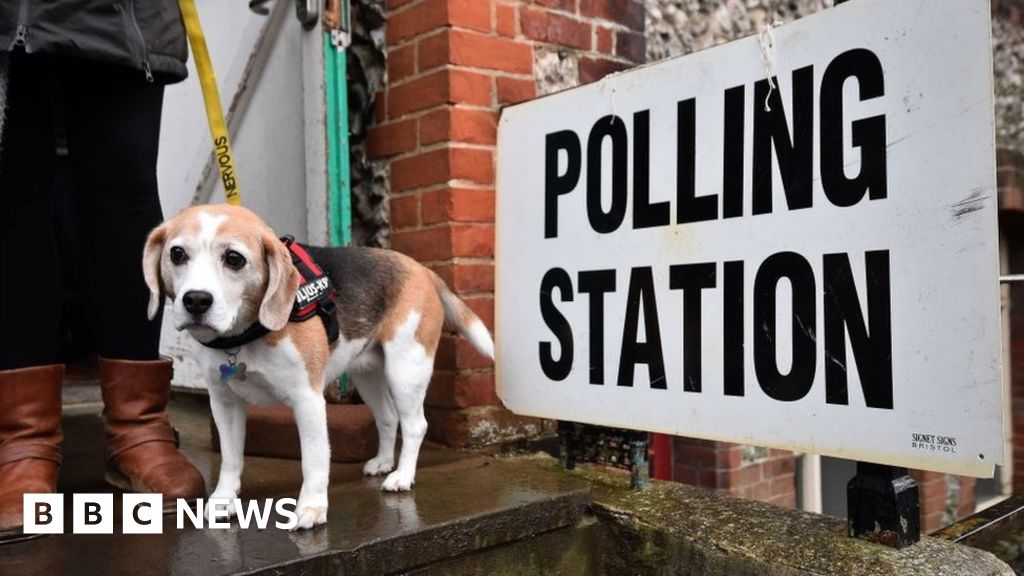The anticipation is building for the upcoming general election, and with Prime Minister Rishi Sunak hinting at a possible timeline, it’s crucial to understand the key details surrounding this significant event.
When is the Next General Election Due?
As of the current parliamentary schedule, the next general election is slated for 17th December 2024. However, there is a provision of 25 working days to prepare for the election, indicating that it must be conducted by 28th January 2025.
Who Decides When an Election Takes Place?
The power to call for a general election lies with the Prime Minister. While this authority was temporarily shifted to the House of Commons in 2011, subsequent legislative changes reinstated the Prime Minister’s discretion in determining the election timing within the five-year term.
How Does the PM Call a General Election?
Once the decision to dissolve the Parliament is made, Members of Parliament (MPs) lose their status and are required to campaign for re-election if they wish to continue. Additionally, a pre-election period, commonly known as “purdah”, is initiated, regulating ministerial and departmental activities during the campaign.
How is the General Election Decided?
The UK comprises 650 constituencies, each electing a Member of Parliament to represent its residents in the House of Commons. On election day, registered voters cast their ballots for their preferred candidate, with the “first past the post” system determining the victorious candidate.
Following the vote count, the leader of the party with the most MPs is typically invited by the King to become the Prime Minister and form a government. In the event of a hung parliament, where no party secures a majority, the prospect of a coalition government or a minority government arises.
Who Can Vote in a General Election?
Eligible voters, aged 18 or above on polling day, are entitled to participate in the general election. The registration process allows individuals aged 16 or over (14 or over in Scotland) to enlist for voting.
Can the Opposition Force an Election?
To maintain governance, the Prime Minister must command the “confidence” of the House of Commons, necessitating the support of a majority of MPs. A motion of no confidence, introduced by the leader of the opposition, offers MPs the opportunity to express their willingness for the government to continue.
If the government loses the vote of confidence, the likelihood of a general election being called is high, marking a pivotal moment in the country’s political landscape.
Understanding the nuances of the approaching general election equips citizens with the knowledge to engage actively in the democratic process and contribute to shaping the future of the nation. As the timeline unfolds, staying informed about the decision-makers and procedures will be critical in participating effectively in this fundamental democratic exercise.


